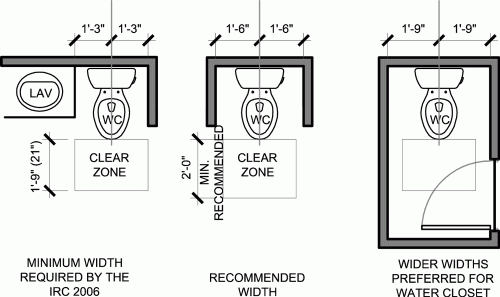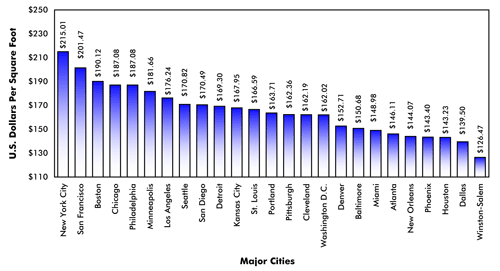The ICC/MBI standards 1200, 1205, and 1210 are essential guidelines for offsite construction. These standards ensure quality, safety, and efficiency in modular building processes. Here’s a summary of each standard.
ICC/MBI 1200: Standard for Offsite Construction – Planning, Design, Fabrication, and Assembly
The ICC/MBI 1200 standard addresses the planning, design, fabrication, and assembly of offsite constructed buildings. It emphasizes coordination between architects, engineers, manufacturers, and Contractors. As a result, this standard promotes efficient project management, reducing construction time and costs.
ICC/MBI 1200-2021 includes requirements for:
- A controlled manufacturing environment.
- Supply chain integration.
- Structural modular vs. nonstructural modular.
- The fabrication process and on-site assembly.
ICC/MBI 1205: Standard for Offsite Construction – Inspection and Regulatory Compliance
The ICC/MBI 1205 standard focuses on inspection and regulatory compliance for offsite construction. It outlines procedures for quality control and assurance during the manufacturing process. Regular inspections ensure that modular units comply with local building codes and regulations. Consequently, this standard promotes the integrity and safety of modular buildings, from the factory to the final site.
ICC/MBI 1210: Standard for Mechanical, Electrical, Plumbing Systems, Energy Efficiency and Water Conservation in Off-site Construction
This standard sets the minimum requirements to protect public health, safety, and welfare while addressing industry challenges related to energy efficiency and water conservation in off-site construction projects. It covers everything from planning and designing to fabricating, transporting, and assembling mechanical, electrical, and plumbing (MEP) system elements in commercial and residential buildings. Additionally, this includes creating and integrating MEP components in modular, panelized, or componentized building elements, ensuring they meet energy efficiency and water conservation goals. Importantly, this standard does not apply to manufactured housing under the Federal Manufactured Home Construction and Safety Standards (24 CFR part 3280) set by HUD.
Uses and Benefits of These Standards
These standards are used across various sectors, including residential, commercial, and industrial construction. They further high-quality, safe, and sustainable modular buildings. As a result, adhering to these standards reduces construction times, minimizes waste, and improves overall efficiency.
Importance of a Qualified Design Team
A qualified design team made up of architects and engineers should design offsite construction projects. This ensures compliance with all ICC/MBI standards, guaranteeing the safety and integrity of the building. Therefore, an experienced design team can address potential issues early, preventing costly delays and modifications.
Conclusion
In conclusion, the ICC/MBI 1200, 1205, and 1210 standards are crucial for offsite construction and seeing widespread adoption in jurisdictions across the country. They cover planning, design, inspection, and sustainability, contributing to high-quality and safe modular buildings. Using these standards enhances efficiency, reduces costs, and promotes environmental sustainability. Always consult with a qualified design team to ensure compliance and safety. Our experts at EVstudio are here to help!









